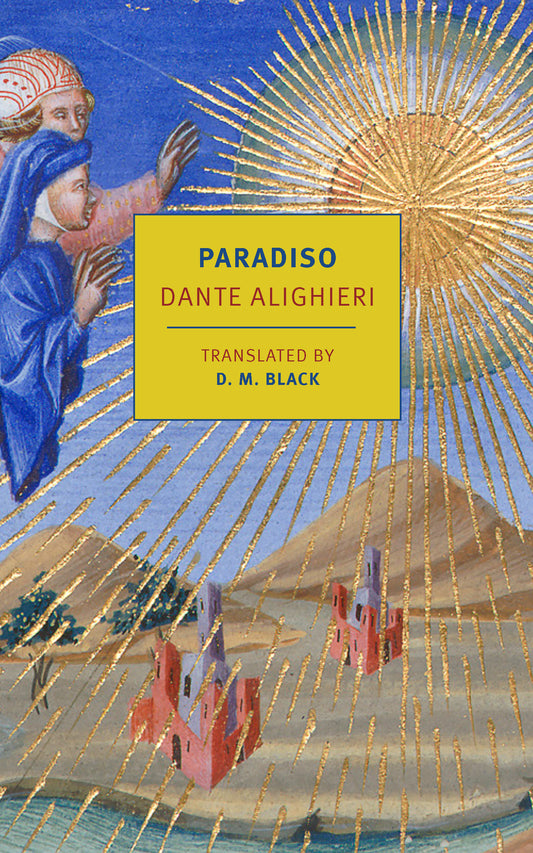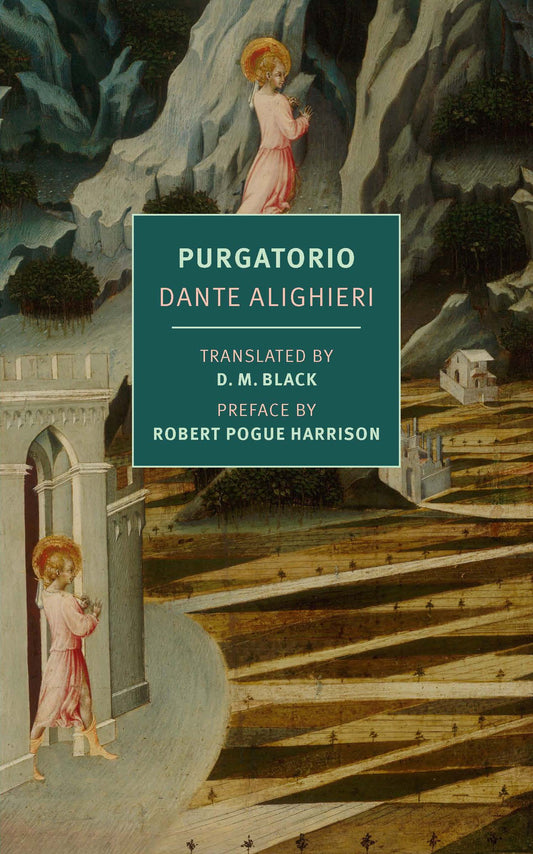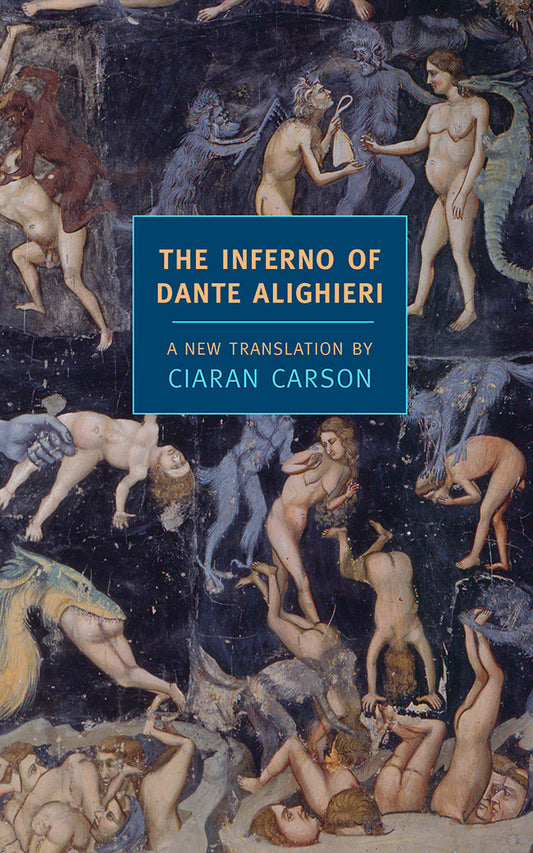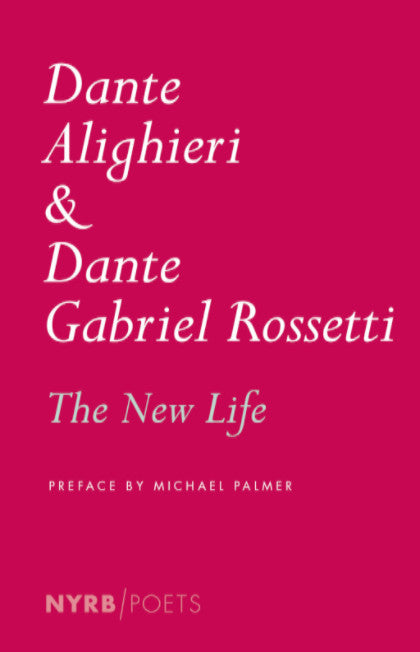Collection:
Dante Alighieri
Dante Alighieri (1265–1321) was born into a noble family in Florence. He fought as a cavalryman, served in a variety of civic and diplomatic positions, and in 1300 attained a preeminent place in the administration of his native city. Florence was at the time caught in a bitter struggle between the Guelphs and the Ghibellines—as well as between contending factions within those political parties—and in 1301, having been sent on an embassy to the Pope in Rome, Dante learned that his enemies had come to power. He was never to see Florence again, and was later banished from the city and sentenced to death. After years of a wandering and uncertain life, Dante finally settled in Ravenna in 1318. Celebrated as a poet from his youth, when he was among those whose writings in Italian were applauded for their “sweet new style,” Dante was also an influential literary and political theorist. His most famous works are The New Life (circa 1293); De vulgari eloquentia (circa 1304–7), a defense of the use of the vernacular in literature; and his epic vision of the afterlife, The Divine Comedy, which he began in 1307 and finished shortly before his death.








